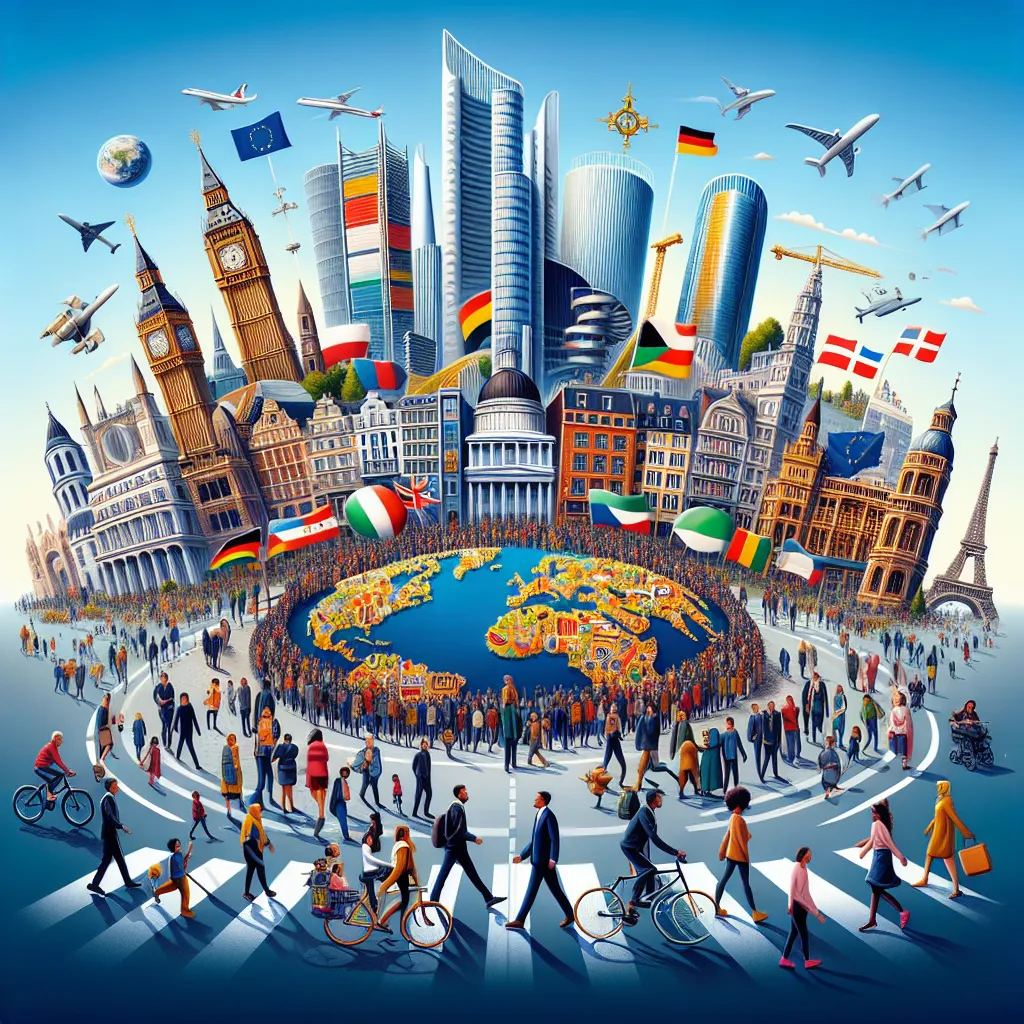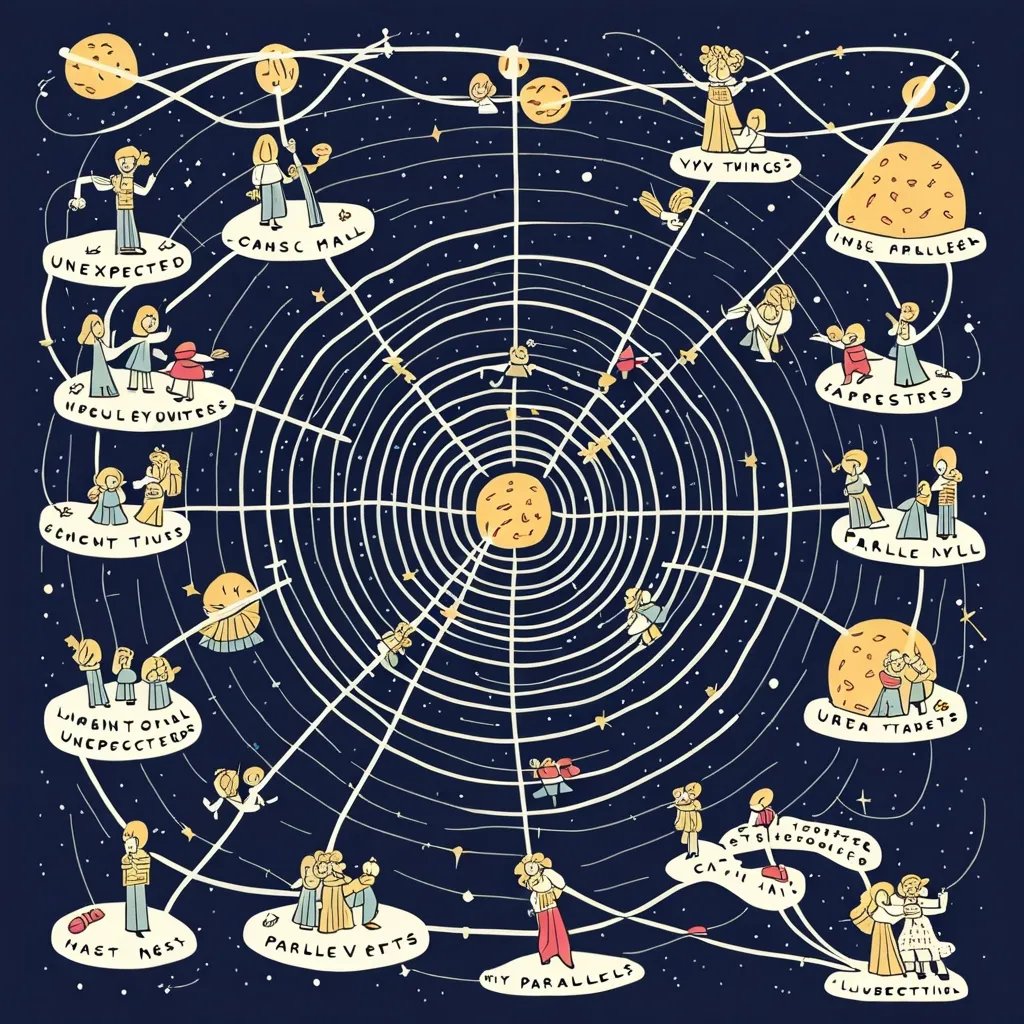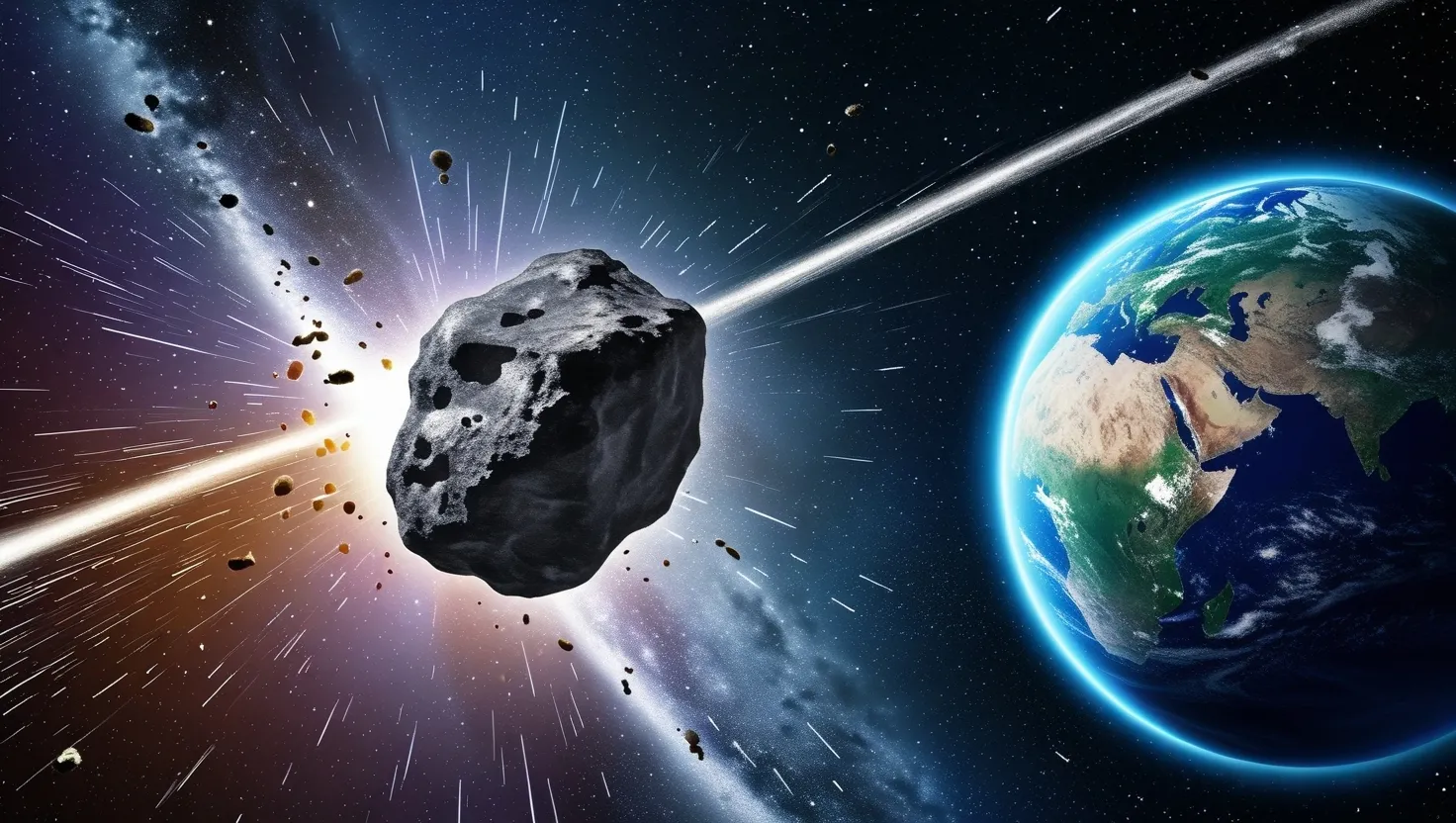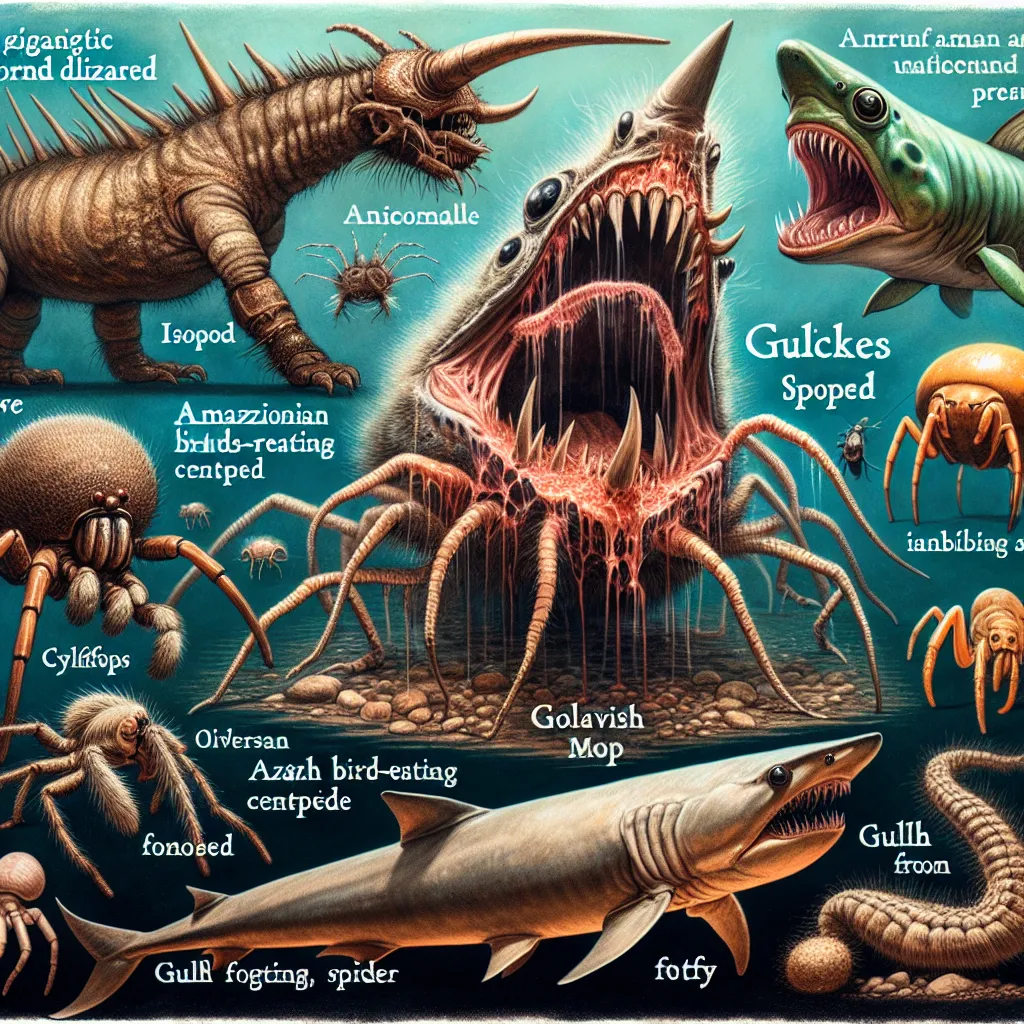Should we keep the European Union? It’s a hot topic with strong opinions on both sides. Some people feel really disconnected from the EU, while others think it’s done amazing things.
The EU brings together 27 countries and around 450 million people, making it sort of the third biggest “country” in the world. It’s also an economic powerhouse with the largest single market. But when it started, its main goal was peace. Europe’s history is full of wars, especially the long-standing rivalry between Germany and France. After World War II, Europeans wanted lasting peace. They figured if their economies and politics were tightly linked, war would become practically unthinkable. That plan has worked pretty well, giving EU members over 70 years of peace.
Now, let’s chat about the EU’s achievements and problems. People in the EU enjoy a lot of freedoms—easy travel, cheap phones, great products, and strong safety standards. The EU isn’t afraid to challenge big companies like Microsoft and Apple on issues of fair competition, taxes, or data protection. EU science programs have also turned Europe into a scientific hub, producing over a quarter of the world’s research output with just five percent of the world’s population.
Despite these perks, many people don’t trust the EU. It feels distant, complex, and difficult to understand. The EU has also been poor at explaining what it does, leading to low voter turnout. More transparency and accountability could help bridge this gap.
The 2015 refugee crisis still shakes the EU. Some countries took in many refugees, while others closed their borders. The EU’s wealth and freedoms make it an attractive destination, and there’s still no clear consensus on how to handle immigration. Striking a balance between helping refugees, managing illegal immigration, and integrating immigrants is one of the Union’s biggest challenges.
Defense is another complex issue. Traditionally, Europe has relied on the US through NATO. But with current global politics, should Europe still depend on the US for safety? An EU-wide military could save money and better protect borders, fostering unity among soldiers from different countries.
Money-wise, the EU is a mixed bag. The single market has boosted economies and created jobs. But the EU has to manage countries with very different economies, labor laws, and social security systems. The euro, used by some but not all EU countries, has shown this mismatch can cause problems, like the Greek economic crisis. Should all countries use the euro? Should economic policies be unified? These questions have no easy answers.
So, is the European Union worth it? Despite its flaws, the EU makes Europeans stronger on the world stage. We lead in science, and together, we are a major economic and potential military power. More importantly, the EU brings peace, security, and a shared identity. In these turbulent times, stability is something we all crave. A strong European Union could help protect our values and ensure our voice is heard globally. Alone, we might not stand a chance against shifting superpowers. What do you think about the EU’s future? Discussing our differences respectfully is crucial because, at the end of the day, we’re all in the same boat. Let’s have a fact-based conversation about our future.






